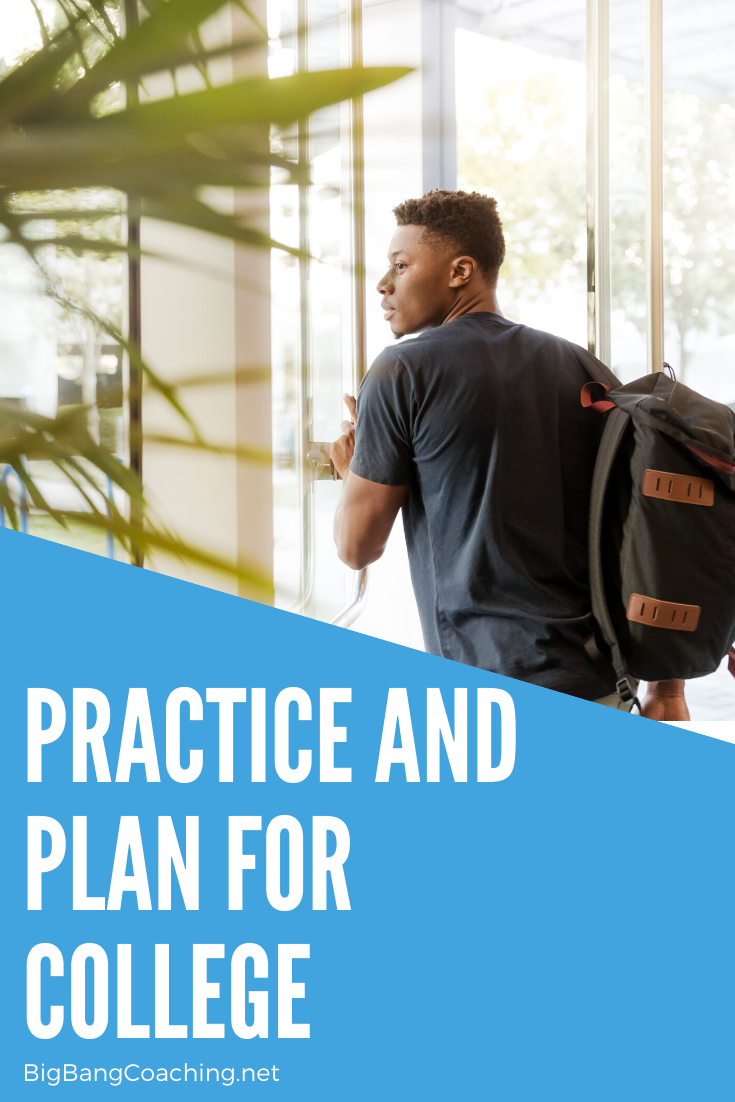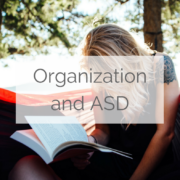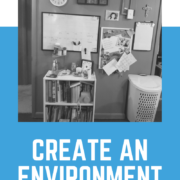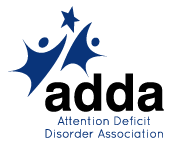Practice and Plan for College
College is a unique experience, but given the high cost, it is one you want to practice and plan for specific ADHD challenges in advance. I get it after years of going to school; most seniors are mentally checked out, especially if they have already been accepted to a college. But from now, until going away to school in August is a great time to practice and plan.
Here is what you should be practicing and planning:
- Time: The ADHD brain has a different relationship with time. The end of school and through the summer is an excellent time for students to stop relying on parents and teachers as a trial run before going to college. This time can be used to develop time management skills, systems, and finding tools that work for them. Knowing what your expectations are, plan how to get them completed by the deadline. This process is going to take tweaking.
- Medication: Do you know how to and when to refill your prescription? Take this over from your parents. It is your medication, so learn this vital skill. Many companies have mail-ordered pharmacies, which may make the process easier. Most of them also allow you to get 90-days worth of a prescription instead of 30-days at a brick and mortar location. Use a reminder for the next time you will need to renew your prescription. It’s not a secret that the miss use of stimulating medications is occurring on college campuses. So let’s talk plainly and clearly. It is a federal offense to sell your medication. Furthermore, you will need to keep your prescription safe, so others don’t steal it for themselves or to sell. I would suggest not sharing that you take a stimulate and keeping it in a lockbox. You may have peer pressure to share it, but all medications should be used under the direction of a doctor. You aren’t a doctor. Some people can have adverse reactions to ADHD medications. Do not share your medicine.
- Essential self-care: I consider these to be: sleeping, eating, moving. Most college students need 8-9 hours of sleep—plan for that by shifting your beliefs that you are a person who takes care of their ADHD. Eating a balanced diet and avoiding sugar will help your ability to focus. Moving means exercise. It doesn’t mean you need to go to work out at a gym, but it can if you enjoy that. It could mean going for a hike, always taking the stairs, play a club sport, etc. If you are taking medications that seem to be the correct dose for you, changing your sleeping, eat, and exercise can affect their performance both for the better and worse. So if you notice your meds “not working,” first think about any self-care habits that may have changed.
- Realistic schedule: Many first-year students register for classes during their orientation, which is often during the summer. These are often business days and the staff and eager to get the job done, but this is a schedule that you will have to live with, so don’t let anyone rush you. Usually, students are doing this with parents around because the parents are in the “let of your kid” session with college staff. Talk about this beforehand with your parents. A full load at most colleges is five classes, but may four is better of you during this first semester to acclimate to a new place and new freedoms. Also, if the only section of a class you want or need is at 8:00 am, but you aren’t a morning person, then this class should probably want until another semester when you can get it at a time of day that is better for you.
- Go to class: It seems obvious, but many students can’t be motivated to do that. Let put it into money terms. The average cost per credit hour is about $595, making a three-credit class $1785. Most classes meet approximately 32 times per semester, making each class cost around $60. Do you have $60 you would like to throw away? Not wasting money motivates many people, but it is not always a good motivator for people with ADHD. Relationships seem to be a high motivator for most of my clients, which brings me to my other suggestion. Build a relationship with each of your professors so that they know you by name. It is harder to skip class when you know the professor could be thinking, “Where’s Bill today?” You can build this relationship by asking questions in class, staying after to engage in further conversation, and going to office hours.
- Grades Proactive: Be proactive instead of reactive. Get help right away if you are having trouble in a class. Semesters are short, and there are usually fewer graded assignments or tests than in high school. Of course, if you are following the advice above and you are going to office hours, asking questions, and staying after for further discussions, then this is being proactive. If you feel like you need more, take advantage of resources like tutors and writing centers.
- Use your accommodations: If you went through the effort to get accommodations, be sure you are using them even if you don’t feel like you need them for a specific class. It is your responsibility to remind your instructor that you have them. Professors in college will not be asking about what your needs are for each exam or project. If you should get a copy of the class notes, you will need to ask about it. Remember, accommodations renew every semester, but if you aren’t using them, the disability service center can choose not to give them to you.
- Study environment: Choosing the right place to study is a crucial part of studying. Please read this blog post for specifics.
- Structure: Going from high school to college can be a little shocking to the system. One day you are being told where to go, what you can and can’t do, and then all of sudden freedom. It is not true. There are expectations of students is they want to remain in college. Just like you had structure from pre-school to 12th grade, you are going to need a structure for the rest of your life. Many of my clients are resistant to structure until they figure out that it is beneficial to have at least some loose structure. Structure is like the frame plants grow up. It supports you, allowing you to blossom and grow. Unfortunationaly, there is no one-size-fits-all format. This process is going to be trial and error. You want to be doing your most challenging work at your best time of day. Play with it until you get it right for you. A good question to ask yourself is, “Is there something I could be doing to would make my life better?” If you are feeling like you are wasting too much time.
- Use tools: There are hundreds of apps and tools. The ones that would best are the ones that you will use. As a general rule, I would say keep it simple to use. People with ADHD have a hard time remembering relevant information at a relevant time. A great tool is an app that allows you to text yourself when or where you will be able to do a specific task. For example, you could set up a text in advance to talk to your professor so that you receive the text at the end of that class. It has an added benefit of everyone wanting to know who texted me. For calendars, apps, and other tools that I like, please see my resources page.
- Bad habits: People with ADHD have more addictive personalities. They also tend to like novelty and are more significant risk-takers than their peers. If your ADHD is untreated, bad habits can quickly lead to destruction. Even for people who treat their ADHD, the meds are always in your body when certain situations many present themselves. It is worth the time to come up with some boundaries for yourself in advance. Alcohol: some people with ADHD choose not to drink alcohol at all because they know that impulsivity means they would have just one or two drinks. Some also use alcohol as an escape. Marijuana use: Many people with ADHD use pot as a self-treatment. Most often, because it helps with anxiety and irritability. Most experts will tell you that pot feeds into ADHD characteristics. There are no studies that support the use of marijuana for ADHD. Alcohol and marijuana are both depressants, and most ADHD meds are stimulated.
- Stay in touch: Call and text your parents. They are still there is support you, and they know you better than anyone else.
Even with practicing and planning, transitioning to college can be hard. Reach out for help. Some days the ADHD will win, and that is okay.


Big Bang Coaching, LLC provides coaching for the neurodiverse.













